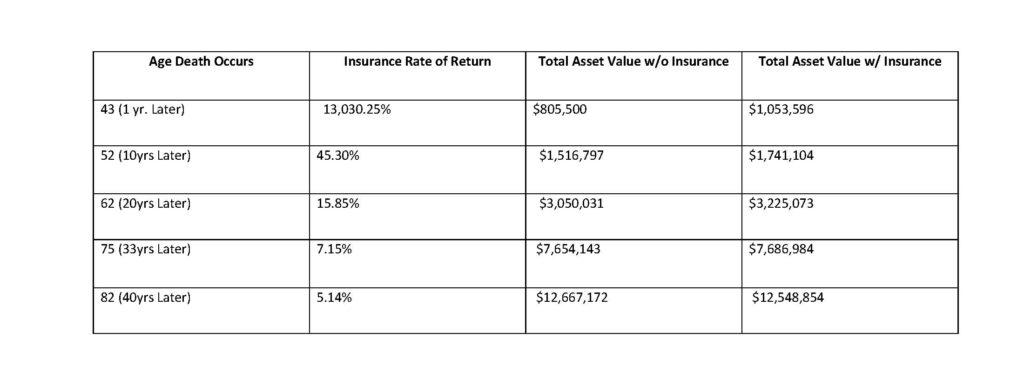Money Tips for Newlyweds

In a recent study, 35% of married couples described money issues as their primary source of stress. While there are many potential causes of such financial stress, in some cases the root may begin with habits formed early in the marriage.[i]
Fortunately, couples may be able to head off many of the problems money can cause in a marriage.
10 Tips for Newly Married Couples
Communication. Couples should consider talking about their financial goals, memories, and habits because each person may come into the marriage with fundamental differences in experiences and outlook that may drive their behaviors.
Set Goals. Setting goals establishes a common objective that both become committed to pursuing.
Create a Budget. A budget is an exercise for developing a spending and savings plan that is designed to reflect mutually agreed upon priorities.
Set the Foundation for Your Financial House. Identify assets and debts. Look to begin reducing debts while building your emergency fund.
Work Together. By sharing the financial decision-making, both spouses are vested in all choices, reducing the friction that can come from a single decision-maker.
Set a Minimum Threshold for Big Expenses. While possessing a level of individual spending latitude is reasonable, large expenditures should only be made with both spouses’ consent. Agree to what purchase amount should require a mutual decision.
Set Up Regular Meetings. Set aside a predetermined time every two weeks or once a month to discuss finances. Talk about your budgeting, upcoming expenses, and any changes in circumstances.
Update and Revise. As a newly married couple, you may need to update the beneficiaries on your accounts, reevaluate your insurance coverage, and revise (or create) your will.
Love, Trust, and Honesty. Approach contentious subjects with care and understanding, be honest about money decisions you know your spouse might be upset with and trust your spouse to be responsible about handling finances.
Consider Speaking with a Financial Advisor. A financial advisor may offer insights to help you work through the critical financial decisions that all married couples face. To speak with a Financial Advisor at CapSouth, call 800.929.1001, so visit our website at www.capsouthwm.com
Investment advisory services are offered through CapSouth Partners, Inc., dba CapSouth Wealth Management, an independent registered Investment Advisory firm. Information provided by sources deemed to be reliable. CapSouth does not guarantee the accuracy or completeness of the information. This material has been prepared for planning purposes only and is not intended as specific tax or legal advice. Tax and legal laws are often complex and frequently change. Please consult your tax or legal advisor to discuss your specific situation before making any decisions that may have tax or legal consequences.
This article contains external links to third party content (content hosted on sites unaffiliated with CapSouth Partners). The policies and procedures governing these third-party sites may differ from those effective on the CapSouth company website, as outlined in these Disclaimers. As such, CapSouth makes no representations whatsoever regarding any third-party content/sites that may be accessible directly or indirectly from the CapSouth website. Linking to these third-party sites in no way implies an endorsement or affiliation of any kind between CapSouth and any third party, including legal authorization to use any trademark, trade name, logo, or copyrighted materials belonging to either entity.
[i] https://www.cnbc.com/2018/07/10/five-money-mistakes-that-can-destroy-a-marriage.html





